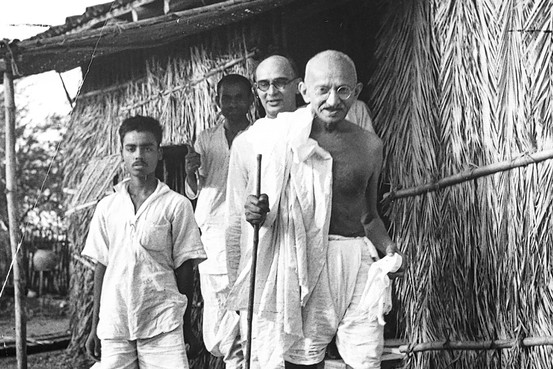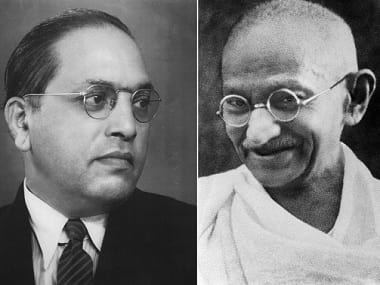The concept of swadeshi played an important role in the freedom movement in India in opposing colonial exploitation, but as was emphasized by Mahatma Gandhi even then, we should also look at this concept in terms of its continuing relevance even after the end of colonial rule. It is good to see that this concept is still mentioned and discussed in India, but this use is often devoid of the real significance of the concept. As Mahatma Gandhi played a very important role in the evolving of this concept, it is important to keep in mind his views as well as contemporary reality to bring out the wider and increasing relevance of the concept of swadeshi for our times.
While certainly the immediate need was for protecting indigenous artisan-made goods from colonial imports in highly unfair and imposed colonial trade conditions, Gandhiji clearly pointed to the wider meaning of the concept of swadeshi. He stated that the basic principle is to use the local, village-based products produced in neighborhood to the extent that this is possible and practical.
Of course this is not practical for many products and Gandhiji was perfectly happy to accept this. But he encouraged people to think in original ways regarding this and to find creative ways of meeting more needs at local level, instead of accepting the existing situation as a given. In particular he was keen to revive and protect some recently lost livelihoods (or prevent on-going loss of livelihoods ) such as those relating to hand-spinning and weaving of cloth, or village-based food and crop processing. He saw this as a way of protecting diversity of rural livelihoods and preventing villagers from getting excessively dependent of agriculture only. He also saw this as a means of providing creative work to villagers during the time when there is not much agricultural work, or during the lean season. Finally he saw this particularly as a means of providing some livelihood to rural women.
The immediate relevance which historians are quick to trace is in terms of the massive loss of livelihoods of weavers and spinners following imports of Manchester or British imports in a highly unequal and unfair system, a colonial imposition, which inflicted massive unemployment on India, a country once famous worldwide for its textiles. The British Governor General Bentick himself acknowledged this when he wrote that bones of cotton weavers are bleaching the plains of India. He had no reasons to exaggerate the damage .
While opposition to this injustice may have been the starting point for Gandhiji also he soon made it clear that for him the concept of swadeshi also includes protection of village livelihood or cottage-industry based livelihood from the products of the domestic big industrialist. This wider understanding of saving the small farmer, artisan and entrepreneur from unfair completion both of imports as well as domestic big manufacturers continues to be very important today. In the immediate post-independence period India tried to retain this concept in some important ways, but under the influence of big industrialists this commitment was steadily diluted. Now when system increasingly of crony-capitalism is strengthened in India, there is less commitment than ever before and increasingly policy decisions which favor big capitalists at the cost of small farmers, artisans and entrepreneurs, even at the cost of small traders, are being taken.
However in his wider concept of swadeshi Gandhii has also left a message for how to face this difficult situation. The message of swadeshi is to be taking forward in terms of a people’s movement which goes on strengthening the commitment of people to protecting village, local and cottage/small sale livelihoods regardless of what the authorities do. So increasingly there is a need for swadeshi as a movement of people which protects small farmers, artisans, entrepreneurs and traders from the onslaught of neo-imperialism, unfair/ rigged international trade, giant multinational companies and aggressive crony capitalism.
The rural and farmers’ movements should also give more emphasis to improving overall self-reliance of communities and overall internal strength of communities in various ways. Understood in this wider context this movement links up with several highly relevant social and environmental movements at world level too.
Bharat Dogra is a writer and journalist. His recent books include Man Over Machine(Gandhian ideas for our times) and When the Two Streams Met (freedom movement).













